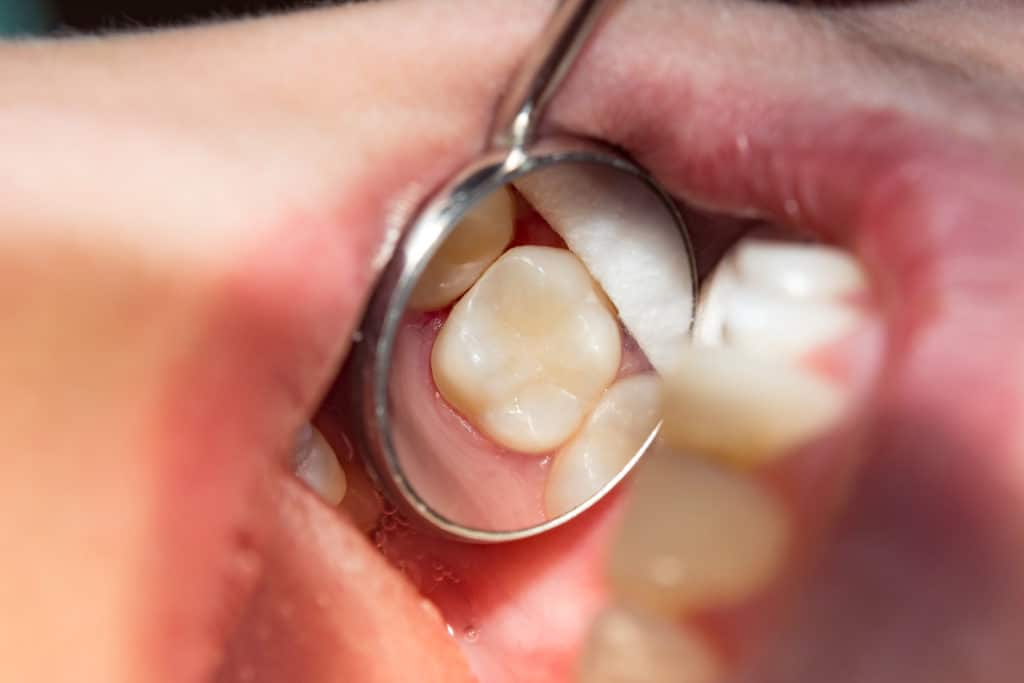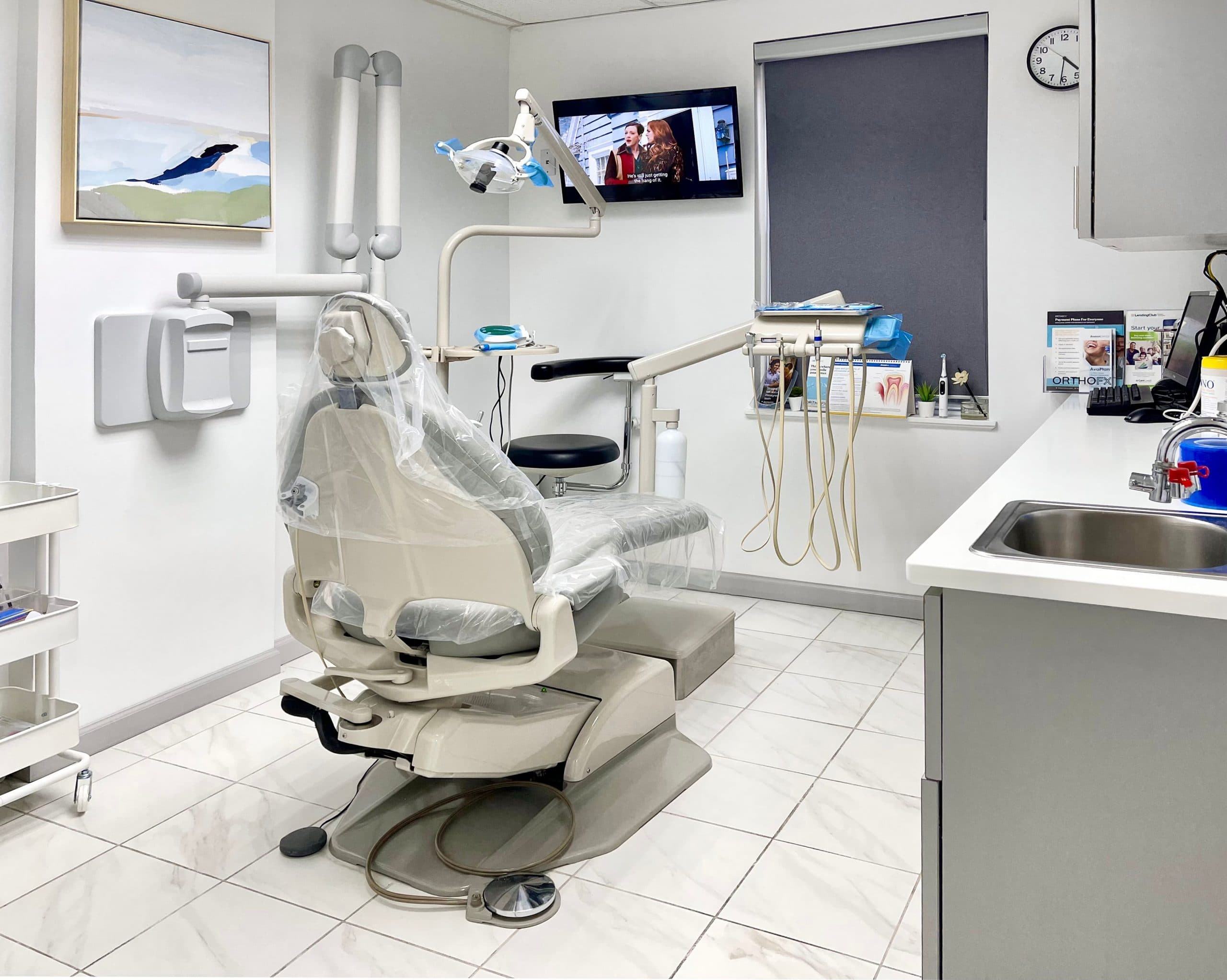
Composite fillings are one of the most common types of fillings. These fillings are used to repair cavities. While composite fillings last a long time, on average, they may need to be replaced every 8 to 10 years, though some can last as long as 12 years with the proper care. This care includes properly cleaning your teeth, being gentle on your fillings, and never using anything other than a toothpick to remove things from your teeth. Let’s look at what composite fillings are made of and what you can expect when getting a composite filling.
What Are Composite Fillings Made of?
Composite fillings get their name from the materials they’re made from. Since composite fillings are made from a composite of materials, they’re called composite fillings. These fillings are also known as tooth-colored fillings and can be made from resin or other tooth-colored materials, like ceramics. These fillings are very popular as they can be made to match your natural tooth color.
By combining ceramics and resin, these fillings provide a solid surface for your teeth and can be used to replace cavities throughout your mouth. Unlike metal fillings, which tend to be silver or gold depending on the materials used, composite fillings are tooth-colored, matching your teeth. Composite filling materials can also replace worn-down dental surfaces or chipped areas in your enamel.
Composite Filling Process
Composite fillings can take slightly longer to place than amalgam (metal) fillings, mainly because the tooth must stay clean and dry for the entire process, and the composite cures in layers for deeper cavities. Before getting a composite filling, your dentist will remove any decayed material from your cavity. They will clean the existing space left behind and ensure it is completely dry before adding composite filling. During the composite filling, your dentist will cure the filling using UV light. This curing process hardens the material and ensures a secure, durable chewing surface left behind.
Once the resin is hardened, your dentist may shape the resin further using a drill or other tools to guarantee the best bite fit possible. While you should be able to eat normally after getting a composite filling, it’s best to avoid overly chewy or sticky foods and pay attention to any soreness you have left from the cavity removal. If your mouth was numbed for cavity removal, remember to be careful when drinking or eating warm or cold foods, as you may be unable to tell if they are too cold or hot for your mouth!
If you have questions about composite fillings or want to schedule an appointment, contact Avalon Dental at (347) 472-0318. Our team of trained dentists would be happy to discuss composite filling options with you and set you up with an appointment with one of our qualified dentists. No matter your dental needs, Avalon Dental is here to help. Feel free to call us today to make an appointment.
We look forward to hearing from you.
